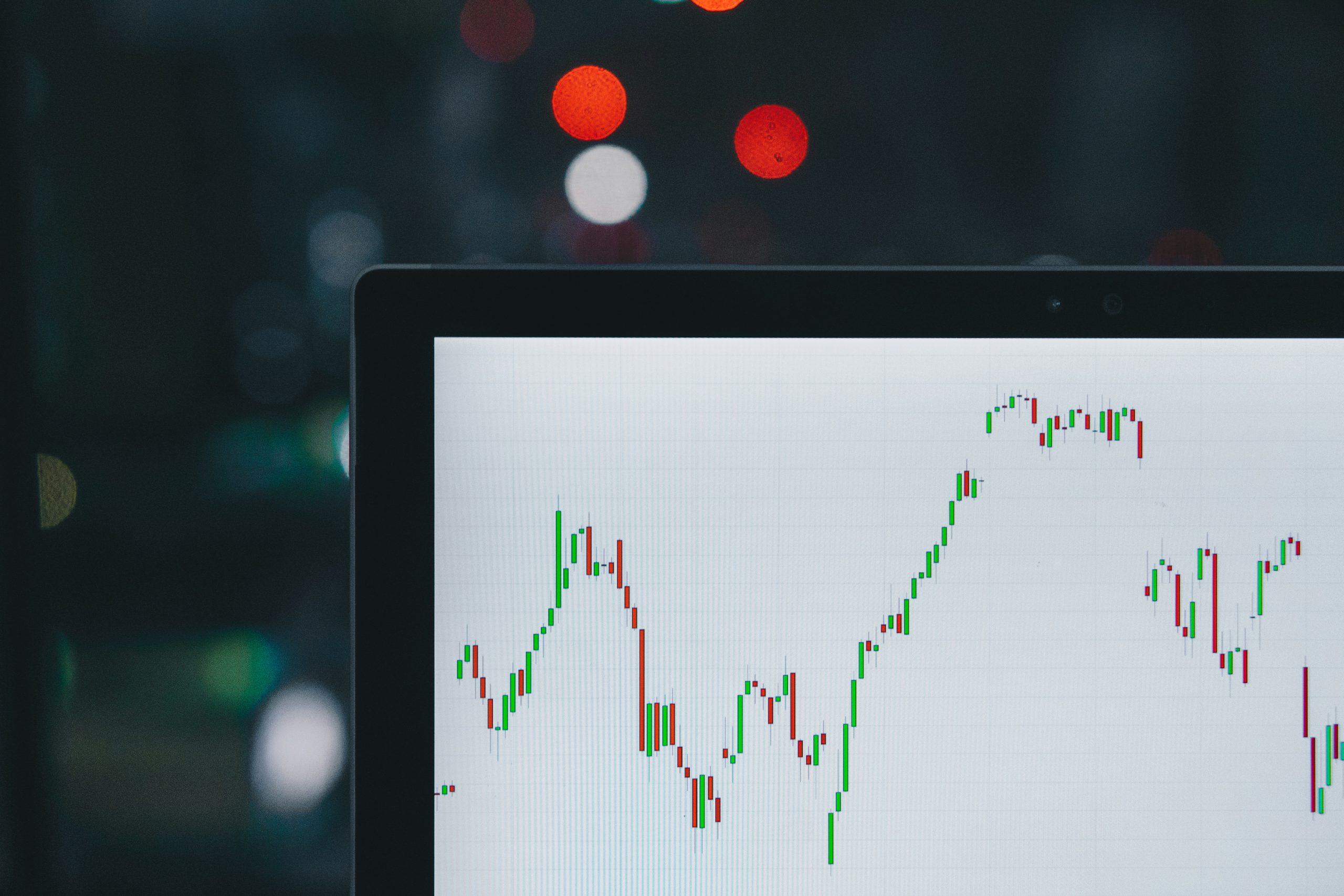For years, inflation was primarily a concern for emerging markets, where volatile currencies and economic instability made rising prices a persistent challenge. However, in the wake of the COVID-19 pandemic, inflation became a global issue affecting even once-stable economies with historically low inflation rates. This shift prompted investors to reconsider how to protect their wealth.
While gold and real estate have traditionally been viewed as safe-haven assets, proponents of Bitcoin argue that its fixed supply and decentralized nature make it the ultimate defense against inflation. The key advantage highlighted by Bitcoin advocates is its strict supply limit of 21 million coins, set by an algorithm. This fixed supply prevents any artificial expansion, in contrast to fiat currencies that central banks can print in unlimited quantities. The scarcity of Bitcoin is likened to “digital gold,” positioning it as a more reliable store of value compared to traditional government-issued money.
Numerous companies and even sovereign nations have recognized the potential of Bitcoin as a hedge against fiat currency risk and inflation. Notably, El Salvador made headlines in 2021 by becoming the first country to adopt Bitcoin as legal tender and has since been actively accumulating the cryptocurrency as part of its economic strategy. Companies like Strategy in the US and Metaplanet in Japan have followed suit, with the United States also considering establishing its own Strategic Bitcoin Reserve.
While Bitcoin has outperformed the S&P 500 and gold futures since the early 2020s, recent performance moderation has been observed, particularly as inflation surged in the United States. Despite this, Bitcoin remains a strong performer over the past 12 months. However, economists caution against relying solely on past performance as an indicator of future results, highlighting the importance of considering the evolving correlation between cryptocurrency returns and changes in inflation expectations.
Unlike traditional inflation hedges such as gold, Bitcoin is a relatively new asset, and its role as an inflation hedge remains uncertain. Recent studies suggest that Bitcoin’s price fluctuations may be influenced more by investor sentiment and liquidity conditions rather than macroeconomic fundamentals like inflation. Some researchers argue that Bitcoin’s ability to hedge inflation has weakened over time, especially with increasing institutional adoption.
In a study published in the Journal of Economics and Business, authors Harold Rodriguez and Jefferson Colombo noted that Bitcoin returns tend to increase significantly after a positive inflationary shock, supporting the view that Bitcoin can potentially act as an inflation hedge. However, they also highlighted that Bitcoin’s price movements may be driven by factors beyond inflation, such as investor sentiment and market conditions.
In conclusion, while Bitcoin’s potential as an inflation hedge is subject to ongoing debate and research, its unique characteristics and growing adoption suggest that it could play a significant role in investment portfolios seeking protection against inflation and fiat currency risk in the future.
